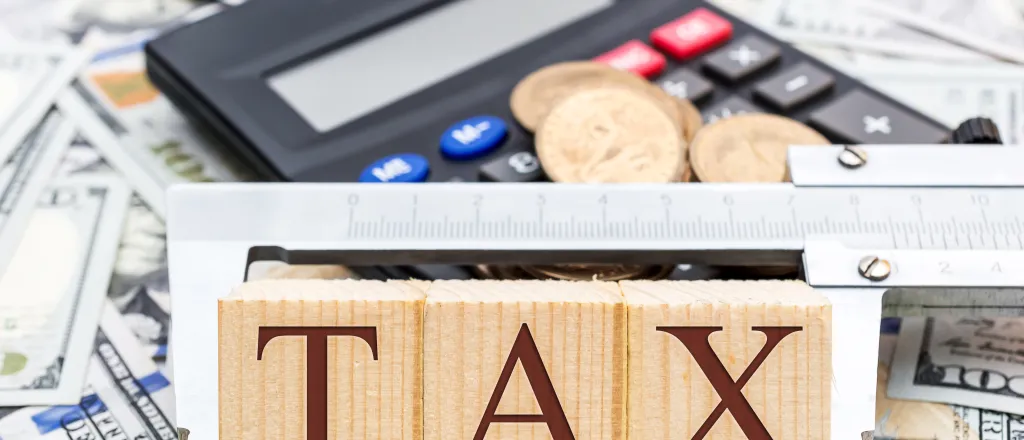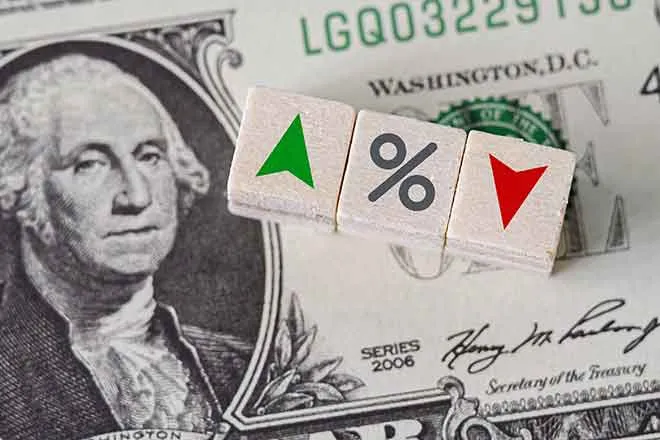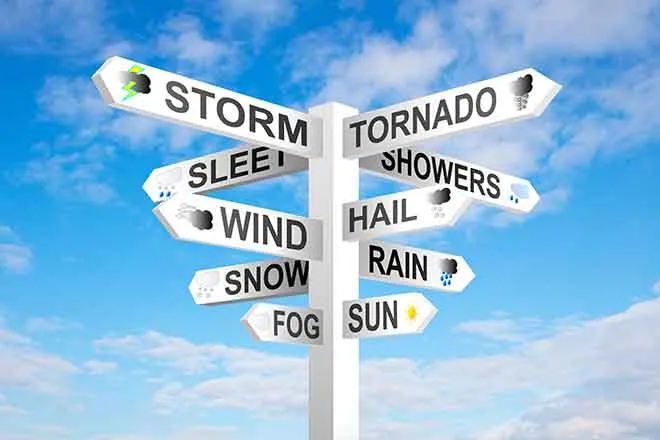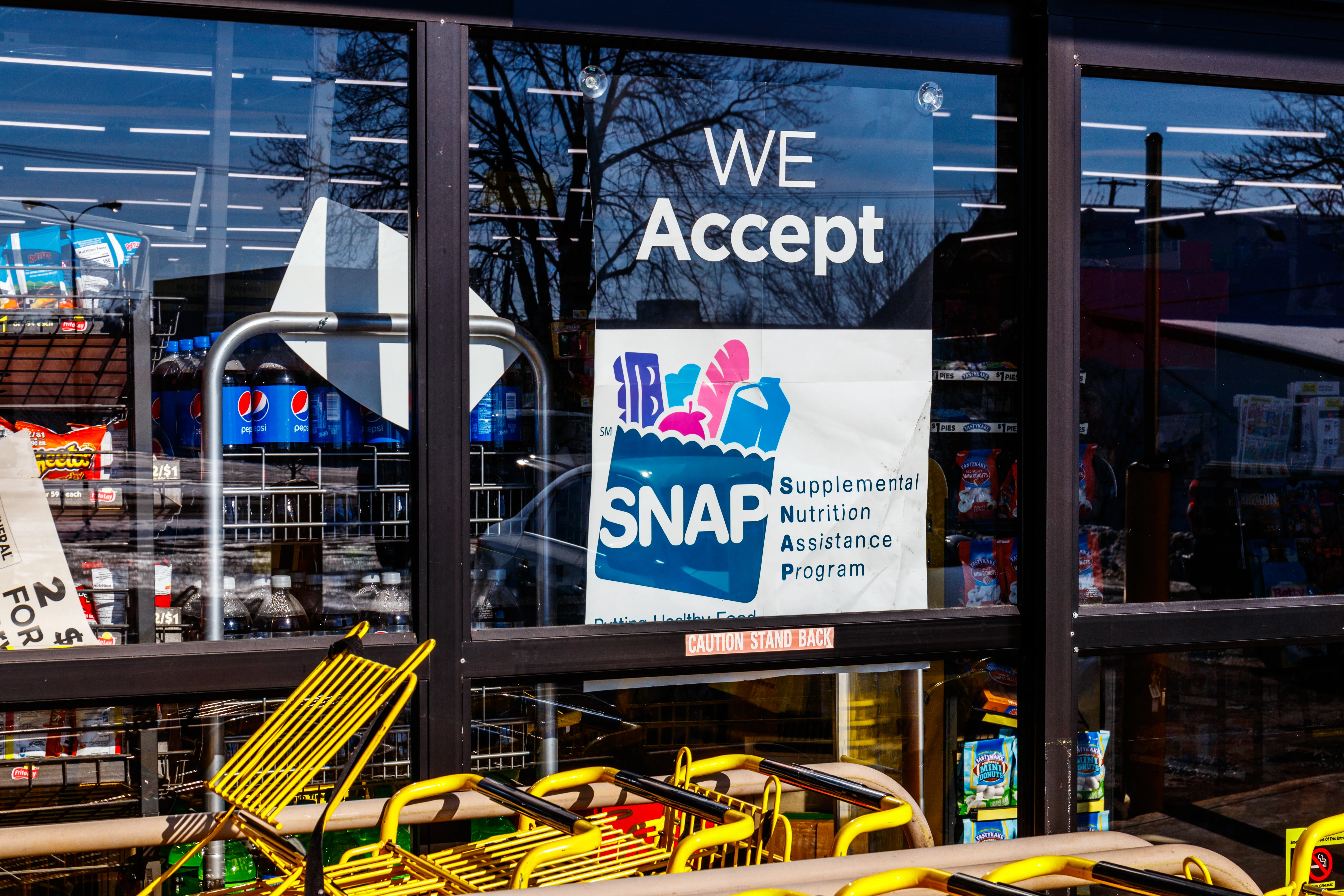
Utah House passes tax cuts
© iStock - Ligorko
(The Center Square) – A bill that would reduce the state's income tax rate from 4.95% to 4.85% passed the Utah House on Wednesday by a vote of 63-12.
The bill also includes Social Security tax cuts and implements an earned income tax credit for low-to-moderate income residents.
The bill would give more than 1.16 million Utah tax filers an average savings of $129 in 2022, according to the bill's fiscal note.
The Social Security income tax credit would give more than 71,000 residents an average savings of $210, and the earned income tax credit would give more than 81,000 residents a tax break of $194 in 2022, according to the fiscal note.
The tax cut would cost the state about $190 million, according to information from the Utah House Majority.
Rep. Rosemary Lesser, D-Ogden, proposed a substitute bill that would have removed the sales tax on groceries.
Gov. Spencer Cox included a $160 million grocery tax income rebate in the budget, but that has not been discussed in the Legislature. Lesser and Rep. Judy Weeks Rohner, R-West Valley City, have advocated for the elimination of the food tax.
"We know that food tax affects more who are on fixed income and those living paycheck to paycheck," Lesser said. "This is a time when people in our state are feeling the effect of inflation, which is at a 40-year high. They are feeling the impact of rising prices of food. This would give them immediate relief."
Rep. Casey Snider, R-Paradise, the bill's floor sponsor, disagreed.
"We are disproportionally helping those who can make more money, who can afford more for sustenance and not helping the same at the lower ends," he said of Lesser's proposal.
The House rejected Lesser's amended bill and another substitute by Rep. Joel Briscoe, D-Salt Lake City, that would have made the earned income tax credit refundable.
The state has the money for the tax cuts, said Sen. Daniel McCay, R-Riverton, the prime sponsor of the bill during a hearing of the Senate Revenue and Taxation Committee.
"If you look at our rainy day funds, our rainy day funds are nearly full, and we're in a position now where we can take some of that money and return it to the taxpayers," he said.
The Senate approved a different version of the bill last month. The new version now goes back to the Senate for approval.
















